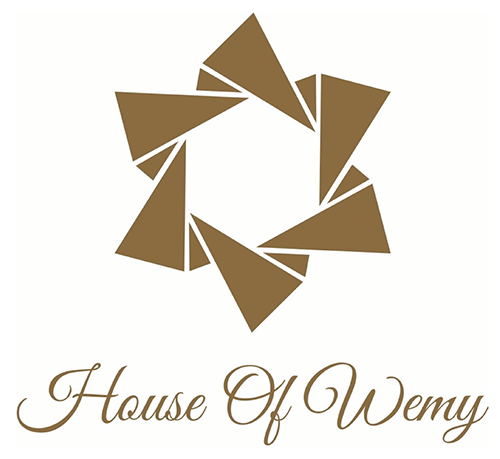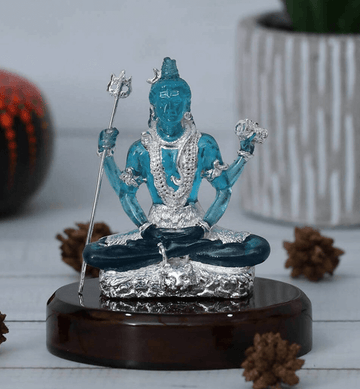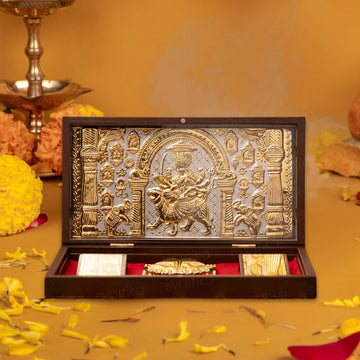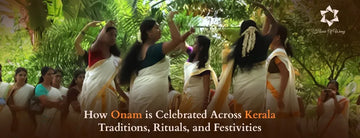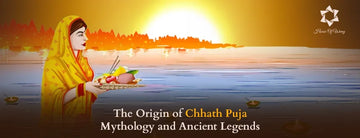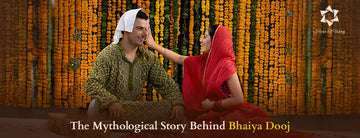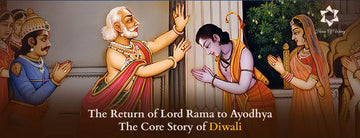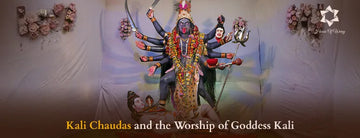The Onam festival is one of southern India's most important celebrations, specifically in Kerala. It is further known as the Kerala harvest festival. It binds together families, communities, and all of India with happiness, gratitude, and cultural pride. It binds traditions, old customs, and celebrations of happiness that reflect Kerala’s great cultural heritage, while making for a great festival and the spirit of a festival.
It is more than a festival. Onam celebrations in Kerala invoke unity, prosperity, and admiration for the richness of life. In Onam, we enjoy King Mahabali Onam's legends, Onam traditions of old, and colorful activities that result in great memories.
It is a period that people wait for throughout the year in homes and on highways. It is a unification festival, and that jubilation remains with all its participants until next year's Onam appears.
Importance of the Onam Festival in Kerala
The Onam festival in Kerala has been witnessed with utmost rich history and religious background, and has been characterized by King Mahabali's return home. Such a king was caring, selfless, and compassionate towards his people.
- It is connected with harvesting and reflects nature's richness.
- It embodies the core values of Kerala society: equality, love, and unity.
-
Onam festivities have developed over several centuries from a religious to a cultural festival enjoyed by people across many regions.
Like grandparents would say, festivals are not rituals alone, but ways to perpetuate traditions as well. In that regard, Onam actually does that quite well.
The Legend of King Mahabali Onam
The legend of King Mahabali, Onam, is central to the festival. Mahabali was a great king famous for his justice and generosity, our mythology reveals. Mahabali had become over-powerful and was about to dethrone Indra, the King of Gods, to destroy the cosmic order maintained by Vishnu.
To bring the situation under control, God Vishnu assumed the disguise of a dwarf man called Vamana and went to visit Mahabali in disguise, and asked for three feet of land. Mahabali agreed willingly because he was a righteous king.
- Vamana grew in size to such a level that his first two strides covered all land and heaven.
- With nothing else to step on, Mahabali offered his own head for the third step.
-
Pleased with his devotion, Vamana gave his sanction to visit his people once annually, and it was celebrated in Kerala as the Onam festival.
This story is normally passed on by elders in families to inculcate lessons of sacrifice and humility.
Onam Festival Dates and Duration
The celebrations of Onam typically occur in Chingam, August-September, and it lasts for ten days, with each day being special in its own right.
- Atham is the first day of festivities.
- Thiruvonam (day 10) evening is considered most auspicious.
-
Other days include Onam rituals, Onam Pookalam (floral rangoli), and gatherings with family and friends.
Families in Kerala gear up weeks before the festival with shopping, cooking, and decorating their homes with flowers.
Traditional Onam Rituals and Onam Traditions
The splendor of Kerala's Onam festival lies in its rituals and customs that keep the family tie alive. Some important Onam rituals are:
- Cleaning and decorating the house to welcome King Mahabali.
- Lighting old lamps to attain wealth.
- Praying for good health and fortune in temples.
- Wearing traditional clothing with mundu for men and kasavu saree for women.
These customs are not only activities that people perform, but they also unite families and preserve the Onam cultural significance.
Significance of Onam Sadya (Feast)
No talk of Onam festivities is complete without the Onam Sadya. This grand vegetarian meal, served on banana leaves, is the heart of the Onam celebrations in Kerala.
- It comprises more than 20-25 dishes like avial, olan, sambar, thoran, pachadi, and payasam.
-
Sadya represents abundance, gratitude, and generosity.
The Onam Sadya is not only about food; it’s about sharing meals as family, community, and society.
Onam Pookalam: The Flower Rangoli Art
Another vibrant component of Onam traditions is the Onam Pookalam. It is created by arranging fresh flowers in courtyards.
- Each day, fresh flower petals are added, layer by layer.
- It symbolizes prosperity, creativity, teamwork, and devotion.
Children collecting flowers in the morning to prepare Onam Pookalam bring joy to every household.
Vallamkali Boat Race
One of the most thrilling parts of the Onam festivities is the Vallamkali boat race.
- Long snake boats race in Kerala’s backwaters, rowed by dozens of oarsmen.
- The synchronized rowing, traditional songs, and cheering crowds make it unforgettable.
The Vallamkali boat race symbolizes unity, discipline, and Kerala’s collective cultural heartbeat.
Traditional Dances and Onam Cultural Significance
During Onam celebrations in Kerala, music and dance bring vibrancy. Notable performances include:
- Kathakali - storytelling dance-drama.
- Thiruvathira - a graceful woman’s dance.
- Pulikali - a folk dance with performers painted as tigers.
These performances carry Onam cultural significance and keep traditions alive.
Regional Variations of the Onam Festival in Kerala
While the essence is the same, the Onam festival in Kerala is celebrated differently across regions:
- Central Kerala - lavish feasts and rituals.
- South Kerala - Pulikali and cultural programs.
- North Kerala - Vallamkali and grand community gatherings.
This shows how Onam celebrations in Kerala are both unique and shared.
Modern-Day Onam Festivities and Global Reach
Today, the Onam festival is celebrated worldwide. Malayali communities abroad celebrate just as in Kerala.
- Cultural societies in the US, UK, and the Gulf host Onam Sadhya and Onam Pookalam contests.
- Online platforms help families connect for Onam festivities.
The Onam festival stands as a symbol of unity, peace, and cultural diversity across the globe.
Conclusion
In Kerala, the Onam festival is more than just a celebration; it is an emotion uniting people, history, and traditions.
From King Mahabali Onam to Onam Sadya, from Onam rituals to the Vallamkali boat race, Onam reflects gratitude, love, and cultural pride.
Next time you see an Onam Pookalam or smell a Sadya, it will remind you of the timeless beauty of Onam celebrations in Kerala.
For traditional items or Hindu Religious Gift Ideas, visit Wemy to explore God Idols, home décor, and gifting articles.
And as they say in Kerala: Onashamsakal, may this Onam festival in Kerala bring happiness, peace, and prosperity to your home.
